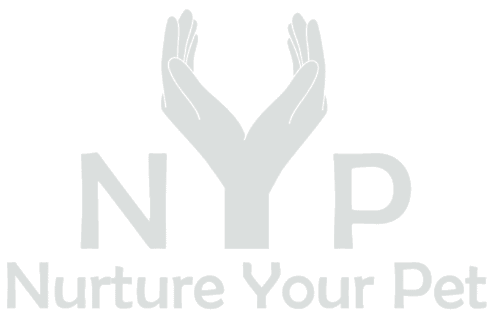Why Do Dogs Lick Faces?
Dogs have been known for their affectionate nature, and face licking is one of their ways to show love and care towards their human companions. However, excessive face licking can denote other behavioral issues or health problems that need addressing:
- Showing Affection: Licking is instinctively ingrained in dogs as an expression of affection. It releases endorphins that promote feelings of happiness and bonding between them and their owners.
- Seeking Attention: Dogs often lick faces as a way of getting attention or seeking interaction with their owners. This behavior may be reinforced if they receive positive reinforcement such as laughter or petting.
- Exploration: Licking is also a sensory experience for dogs. By licking your face, they are exploring new scents and tastes, gathering information about you or even trying to taste remnants of food.
- Anxiety or Stress: Some dogs may resort to excessive face licking when feeling anxious or stressed. It serves as a self-soothing mechanism to cope with emotional distress.
The Importance of Addressing Excessive Face Licking
There is nothing inherently wrong with dogs licking faces occasionally while persistent and uncontrollable face licking can lead to several issues:
- Hygiene Concerns: Dog saliva contains bacteria that can infect open wounds or sensitive skin, such as the eyes or mouth. This can increase health concerns for immunocompromised or allergic people.
- Reinforcement of Unwanted Behavior: If face licking is consistently rewarded with attention or positive reinforcement, it can reinforce and perpetuate the behavior. This may lead to a persistent habit that becomes challenging to break.
- Social Discomfort: Excessive face licking can be uncomfortable for both you and others around you. Visitors, especially those who are not accustomed to dogs, may find face licking unpleasant or intimidating.

Tips to Stop Your Dog from Licking Your Face
Now that we understand why dogs lick faces and the importance of addressing excessive face licking, let’s dive into some effective techniques to curb this behavior:
- Positive Reinforcement Training: Using positive reinforcement techniques is one of the most effective ways to discourage face licking. Reward your dog with treats and praise when they display alternative behaviors, such as sitting calmly or offering a paw.
- Teach “Leave It” Command: Training your dog to respond to the command “leave it” can be incredibly useful in preventing unwanted behaviors like face licking. Start by teaching them to leave an object on command and gradually apply the command when they approach your face.
- Divert Attention: Redirecting your dog’s attention away from face licking is crucial. Keep interactive toys nearby and engage them in playtime whenever they show signs of wanting to lick your face. This will help shift their focus onto more appropriate behaviors.
- Consistency & Boundaries: Setting clear boundaries is essential in training your dog not to lick faces. Be consistent in enforcing these boundaries by gently moving away or turning your head when they attempt to lick you. Reinforce positive behaviors instead.
- Counter-Conditioning Techniques: If your dog’s excessive face licking stems from anxiety or stress, counter-conditioning techniques can be beneficial. Gradually expose them to situations that trigger their licking behavior while providing a calming environment. Pair these situations with positive experiences, such as treats or playtime, to create new associations.
Seeking Professional Help
In some cases, addressing excessive face licking may require the assistance of a professional dog trainer or animal behaviorist. These experts have the knowledge and experience to identify underlying issues and provide tailored solutions to modify your dog’s behavior effectively.
Health Considerations
While behavioral training is essential in curbing face licking, it’s crucial to rule out any potential health concerns. Excessive face licking can sometimes indicate discomfort or medical conditions such as allergies, dental problems, or skin irritations. If your dog’s face licking persists despite training efforts, consult with your veterinarian to rule out any underlying health issues.
Conclusion:
Excessive face licking may seem like an innocent behavior at first but can become problematic if left unaddressed. By understanding why dogs lick faces and implementing the appropriate training techniques, you can foster a healthier relationship with your furry friend while maintaining personal boundaries and hygiene standards. Remember, patience, consistency, and positive reinforcement are key when teaching your dog alternative behaviors and ensuring their well-being and social comfort.
Check out our Pet Tips Blog for practical advice on pet care, including preventive measures, health concerns, nutrition guidance, and overall well-being tips for your furry friends.








